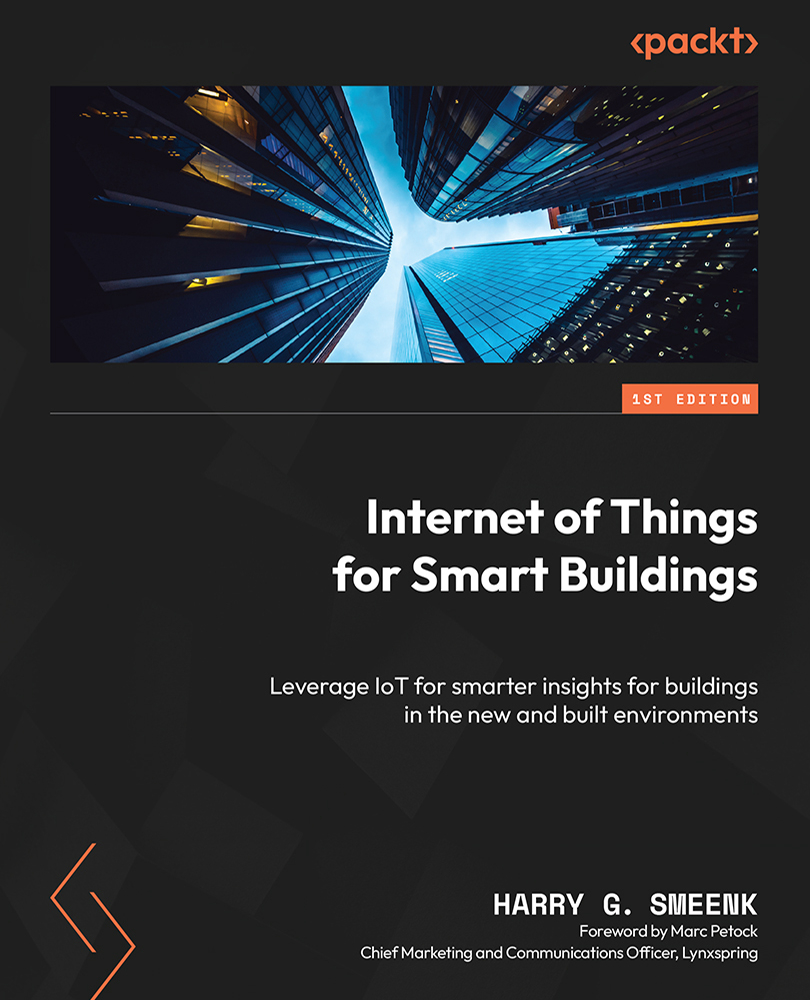Smart buildings’ impact on NOI
NOI is used to determine the potential profitability of real estate investments and is one of the most important key performance indicators (KPIs) used by building stakeholders. It is typically determined by subtracting all the reasonably required operating expenses from the building’s revenue. This before-tax number is included in the property’s income and cash flow statements but excludes loan interest payments, capital expenditure, depreciation, and amortization.
The building’s revenue includes rental income and all other amenity services’ revenue, such as parking, storage, cafeteria sales, vending machines, and laundry. Expenses include the cost of maintaining and running the building, insurance premiums, utilities, legal fees, property taxes, janitorial fees, and repair costs. Capital expenses for large-item purchases, such as a new HVAC system, are not included in the NOI calculation.



























































